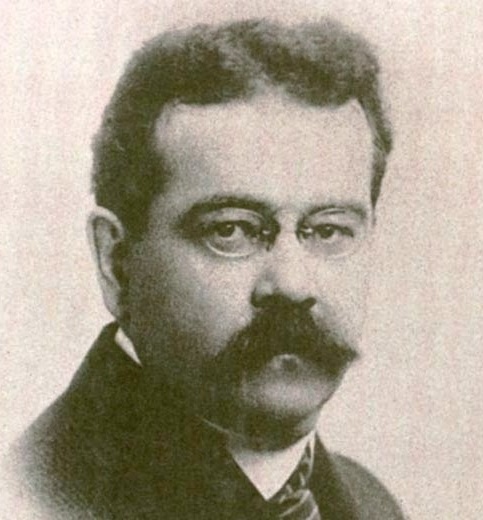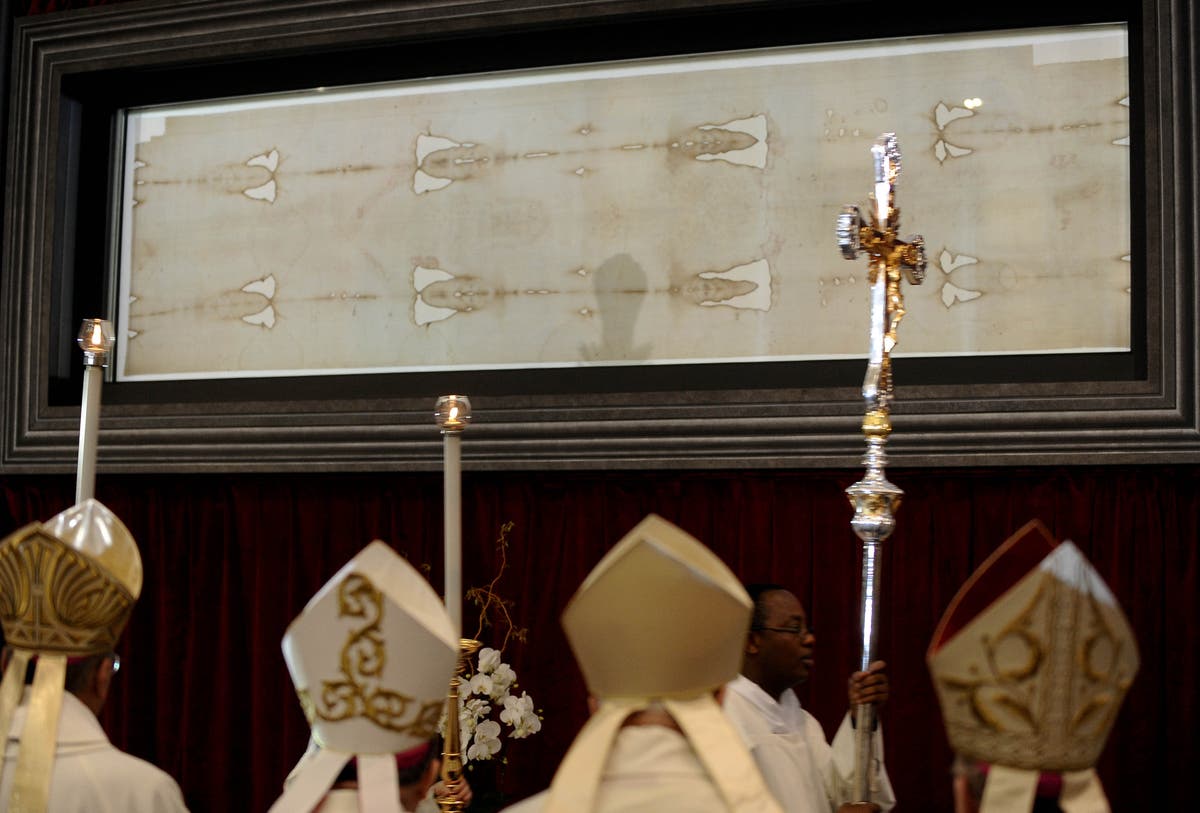The world’s most studied archaeological artefact has been subject to scrutiny since it first emerged in 1350s, bearing the faint image of a man that some believe to be an imprint of Jesus.
A few decades after the shroud’s apppearance, Bishop Pierre d’Arcis of Troyes wrote a memorandum in 1389 denouncing it as a forgery.
But the cloth, housed in the Cathedral of St John the Baptist in Turin, continued to be studied and scrutinised.
A controversial study carried out in the 1980s dated the shroud to between 1260AD and 1390AD, branding it as a medieval forgery.
…
The new study, using X-rays to inspect linen threads from the shroud, traces its origin all the way back to the time of Jesus.
Though the study, published in the journal Heritage, falls short of concluding whether the shroud was actually Jesus’s burial cloth, it dates its origin to 2,000 years ago.
“The experimental results are compatible with the hypothesis that the Turin Shroud is a 2000-year-old relic,” it says, claiming previous analysis might have been flawed due to contamination.
Researchers say cellulose contained in the shroud’s fibres has aged slowly since the 14th century due to lower room temperatures in Europe.
This means that most of the cloth’s natural ageing, about 90 per cent, ocurred before the 1300s.
There is a catch, however.
Scientists say that the shroud can conclusively be said to be 20 centuries old only if there is further evidence showing the relic was kept safely at an average temperature of about 22C and relative humidity of around 55 per cent for 13 centuries before it emerged.



Why does it look more like an image projected onto a flat surface than something unwrapped? It should look more like a flat texture map used in rendering if it was from a cloth wrapped around a body.
https://www.3dscanstore.com/textures/face-texture-maps/male-053-albedo-map-1
There have been some suggestions that this could be a Middle Ages fake done using something like a pinhole camera to project an image onto the cloth and a chemical process would have then fixed it. Some have even gone as far as saying it may have been done by Da Vinci and that’s been pushed further to hypothesise that the model for the image was Leonardo himself. It all gets increasingly unlikely but whether it is a projection or painting, as you say, it doesn’t look like a cloth wrapped around a body and flattened out, which would distort the image that we see. I suspect someone like Leonardo Da Vinci would have figured that one out.
So even the theories of it being a fake manage to be intriguing!